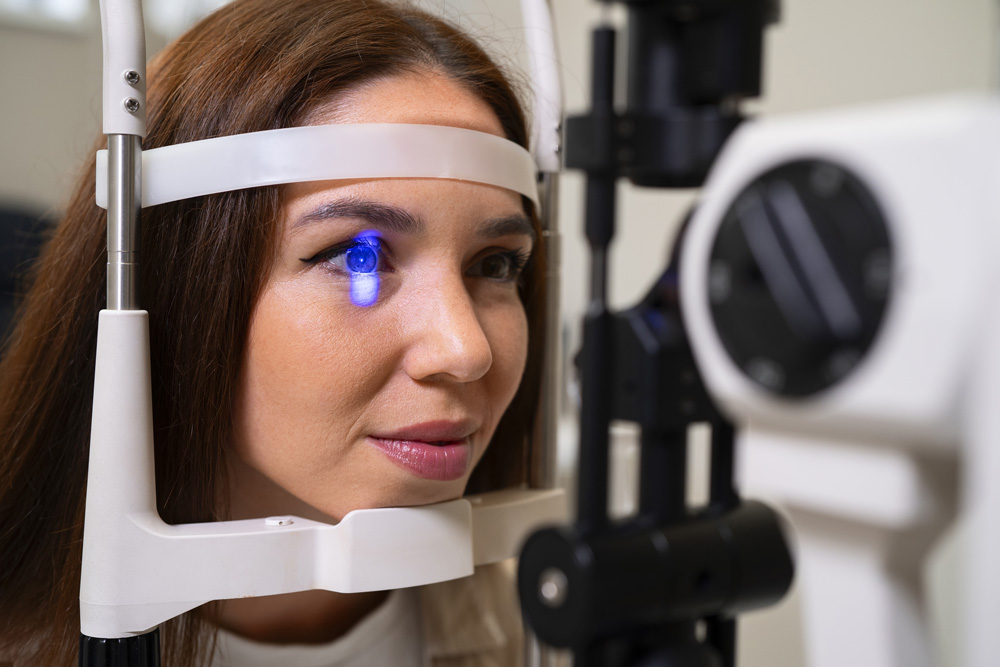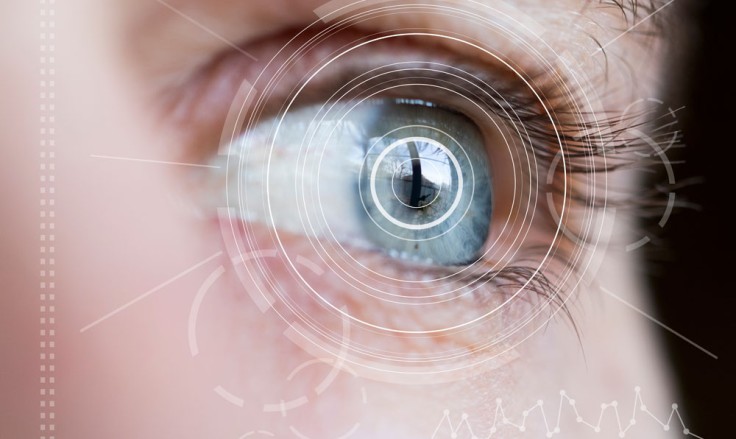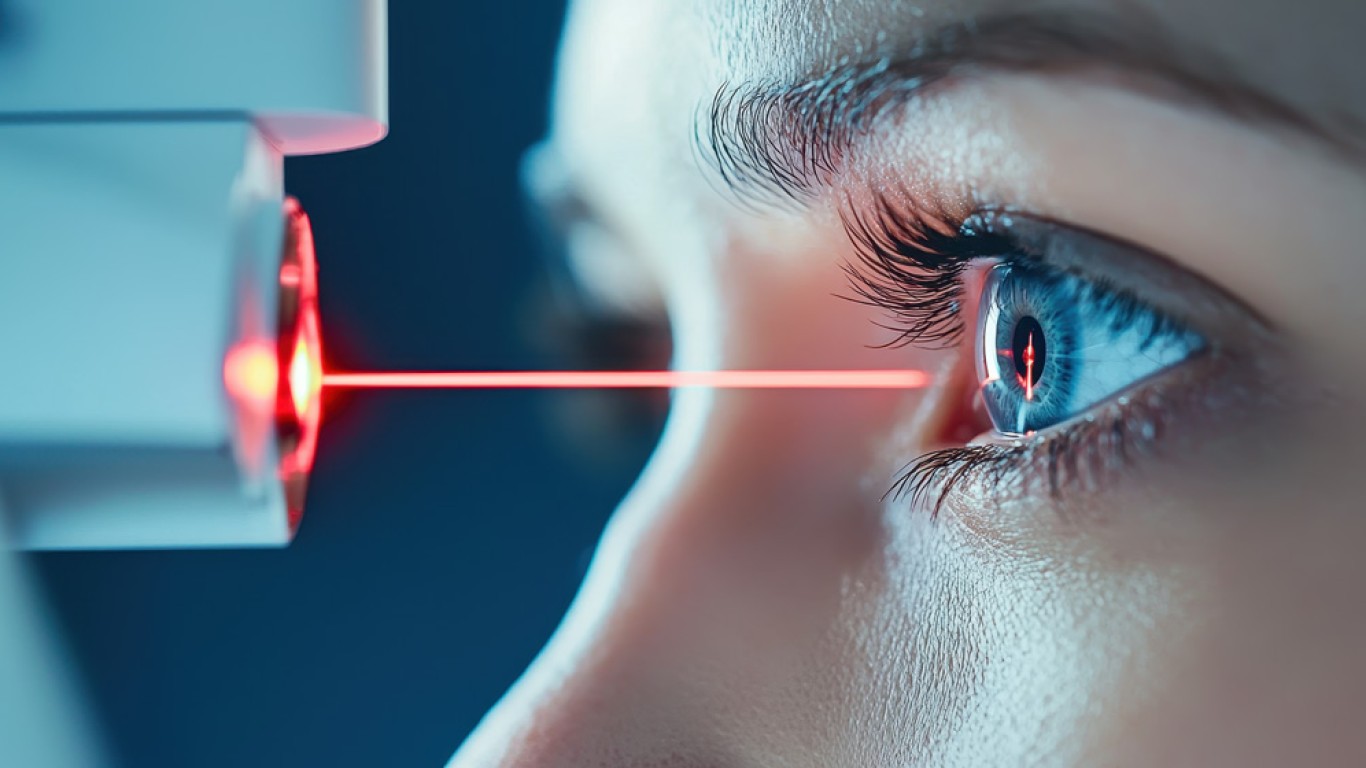Introduction
Laser eye surgery is a widely trusted solution for correcting vision issues such as nearsightedness and astigmatism. Many adults seek this life-enhancing procedure. Their hope is to reduce or eliminate the need for glasses or contact lenses. A key question is whether there’s an upper age limit for undergoing laser vision correction. This article explores everything older adults should know about laser eye surgery. From suitability to expectations, it will ensure you have all the facts before deciding.
Why Age Is Just One Factor in Laser Eye Surgery for Older Adults
Age alone does not disqualify someone from the procedure. Instead, eligibility depends on overall eye health, prescription stability, and absence of certain conditions. Most people undergo laser procedures like LASIK or PRK in their 20s to 40s. However, many adults over 50 are now choosing surgery for lifestyle freedom. Accordingly, you may still be a candidate for surgery well into your 60s or 70s. Indeed, surgeons focus more on corneal thickness, tear production and lens clarity than on age.
Benefits of Laser Eye Surgery for Older Adults
Laser eye surgery offers older adults several important advantages. Firstly, it provides greater independence from glasses, particularly for distance vision. Secondly, it enhances quality of life by simplifying everyday tasks. Additionally, many find renewed confidence in their appearance and lifestyle. For those with active routines, especially retirees who travel or exercise, the convenience is unmatched. Moreover, once complete, the results are often long-lasting and require minimal maintenance.
Laser Eye Surgery for Older Adults: Common Eye Conditions
Although age doesn’t prevent laser treatment, certain age-related eye conditions can affect eligibility. For instance, presbyopia—a natural loss of near vision—usually begins in the mid-40s. Cataracts, which cause lens clouding, tend to appear from the 60s onward. If you have either, your surgeon may recommend alternative procedures, such as lens replacement. Similarly, dry eye syndrome, glaucoma or macular degeneration may require separate treatment first. However, early diagnosis and management mean many older adults still qualify.
Laser Eye Surgery for Older Adults:Can I Have It After 50?
If you're over 50 and considering correction, the process starts with a thorough eye exam. The specialist will assess your vision stability and check for corneal health and tear production. They may also perform scans to rule out thinning, scarring or irregularities. Furthermore, they’ll discuss your lifestyle and visual expectations. For example, if you’re reading often, a procedure called monovision might be suggested. This is where one eye focuses near and the other far. Ultimately, a personalised approach works best.

Laser Eye Surgery for Older Adults: Procedures Available
There isn’t just one type of laser eye surgery. LASIK is the most popular and involves reshaping the cornea to correct focus. However, PRK may be better suited for older adults with thinner corneas. Alternatively, ReLEx SMILE is a newer option offering faster recovery and minimal discomfort. If presbyopia is a concern, some may benefit more from lens-based solutions. That said, the surgeon will help choose the procedure best suited to your eye condition.
Recovery Process
Recovery time from laser eye surgery varies but is generally short. Most people return to daily tasks within one to two days. Older adults may need slightly more time for complete healing due to slower tissue regeneration. You may experience dry eyes or mild blurriness at first. Therefore, it’s important to attend follow-up visits and use prescribed eye drops. Limiting screen use and avoiding strenuous activity during the first few days supports better outcomes.
Laser Eye Surgery for Older Adults: Cost Considerations
The cost of laser eye surgery depends on the procedure, location and clinic reputation. This can be a significant investment. However, many find the long-term savings on glasses and contacts make it worthwhile. Additionally, some providers offer payment plans to spread the cost. While insurance often doesn’t cover the procedure, older adults who prioritise vision improvement may view it as an investment in personal freedom and quality of life.
Lifestyle Benefits After Laser Eye Surgery
After surgery, many older patients report feeling rejuvenated and more confident. Reading labels, using digital devices, and enjoying the outdoors all become easier. Furthermore, it reduces the daily hassle of lost glasses or prescription changes. For those travelling, exercising or enjoying retirement, laser surgery provides a new level of ease. Also, it eliminates dependence on progressive lenses or bifocals, which some find frustrating or unattractive.
Can You Be Too Old for Laser Eye Surgery?
Surprisingly, there’s no strict upper age limit for laser eye surgery. Some patients in their late 70s have benefited from the procedure. The key requirement is that your eyes are healthy and your vision prescription is stable. Additionally, being motivated and understanding the expected outcomes is essential. That said, your surgeon will always prioritise your safety and long-term health over anything else. Therefore, each case is assessed individually rather than by age alone.
Choosing the Right Clinic for Laser Eye Surgery in Turkey
Turkey has become a popular destination for laser eye surgery, especially for international patients. Clinics like ACIBADEM offer state-of-the-art equipment, internationally trained ophthalmologists, and personalised care. Besides, their patient services team supports you through each stage—from booking to follow-ups. They also offer English-speaking staff and tailored packages. This helps older adults manage their treatment abroad. When choosing a provider, ensure they’re accredited and experienced with patients in your age group.
Conclusion
Laser eye surgery for older adults is not only possible but often very successful. While certain conditions may affect your suitability, age alone is rarely a barrier. With thorough evaluation and expert care, adults well into their 60s and 70s can enjoy sharper vision and greater independence. Choosing the right clinic, like ACIBADEM, ensures safe and satisfying results.
For more information and to book a consultation visit the ACIBADEM Beauty Center Laser Eye surgery page.
Frequently Asked Questions
Yes, if your eyes are healthy and your vision stable, you can be a candidate at 70 or older.
It depends. Procedures like monovision may help both, but not all cases qualify for dual correction.
No. The procedure is quick and nearly painless. Some mild discomfort may occur during recovery.
Most results are long-lasting. However, natural age-related changes may still affect vision over time.
Slightly, yes. Healing might take a bit longer due to age, but most recover within a few days.














